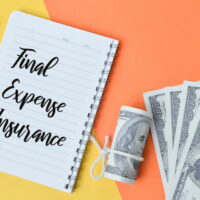
7 mistakes to steer clear of when filing tax returns
It is rightly said that “a penny saved is a penny earned.” Every dollar saved today can contribute to a hassle-free and blissful future, allowing us to seamlessly fulfill our long-term financial goals. A sizable portion of our salaries is typically spent on paying taxes, contributing significantly to government revenue. Although paying taxes is every citizen’s responsibility, avoiding inevitable common mistakes can help taxpayers save money. Some such mistakes to avoid are: Not investing in tax-saving avenues Tax-saving investments can help investors avoid unnecessary taxation to help them work toward their long-term financial objectives. Several tax-saving and tax-free investment options are available today; selecting your tax-free investments should depend on your requirements, income levels, and goals. Municipal bonds, tax-exempt ETFs, and specific index mutual funds are highly tax-saving options. Additionally, some tax-free avenues to consider are 401(k)/403(b) Employer-Sponsored Retirement Plan, U.S. Series I Savings Bond, Health Savings Account (HSA), and 529 Education Fund. Waiting till the end moment to save taxes Many taxpayers commit the mistake of waiting till the end moment to begin considering tax-paying options. Such last-minute decisions often lead to large-scale one-time investments, which can affect one’s current financial needs and dissuade one from reaping the maximum benefits from tax-saving investments.
Read More. 














